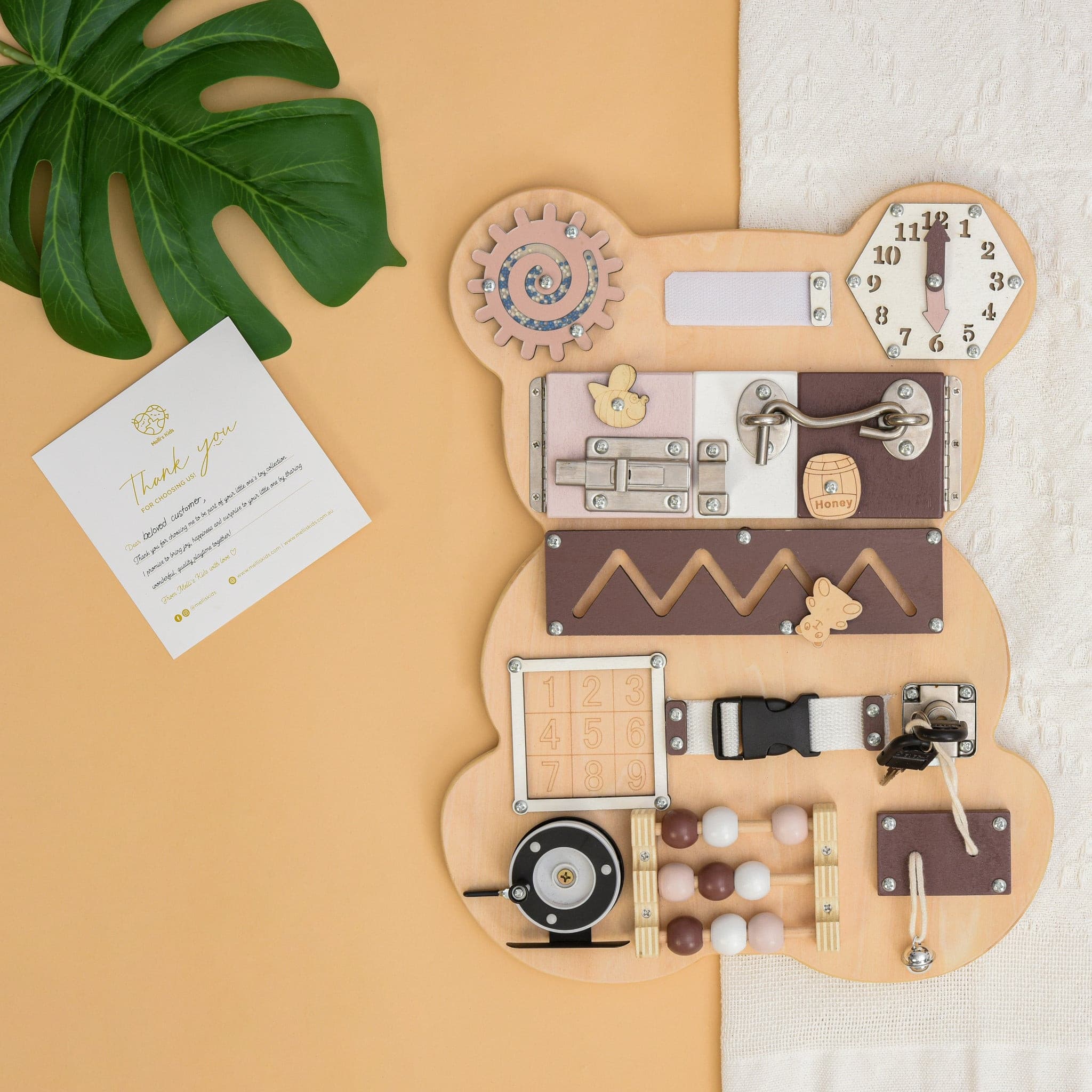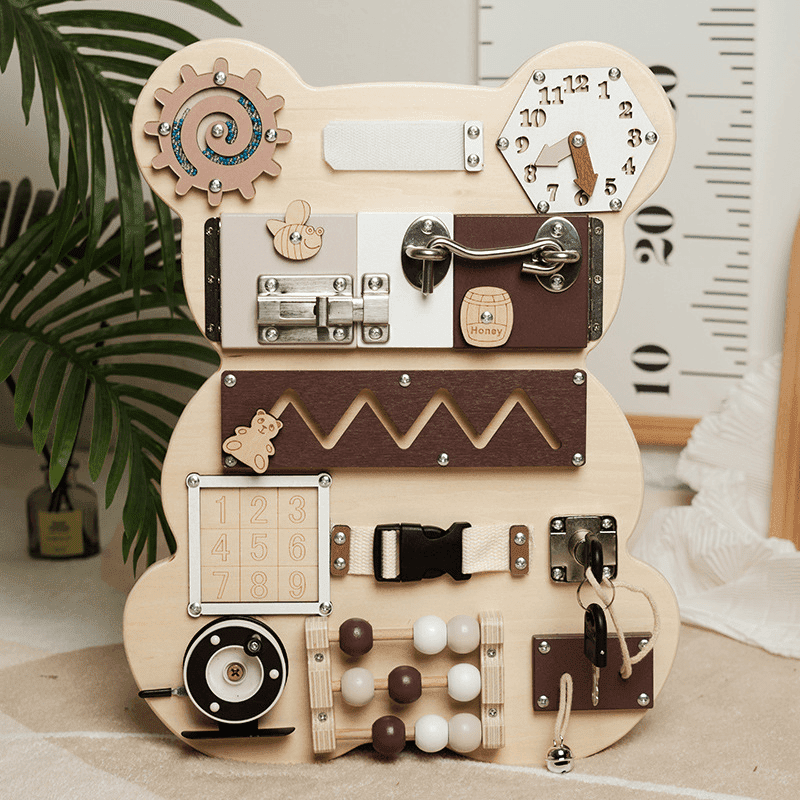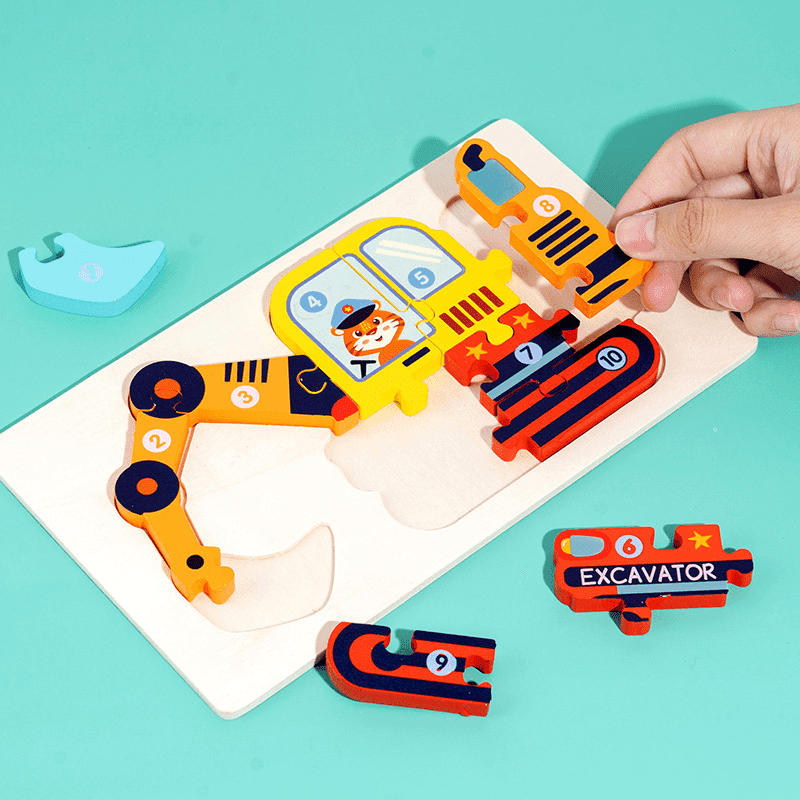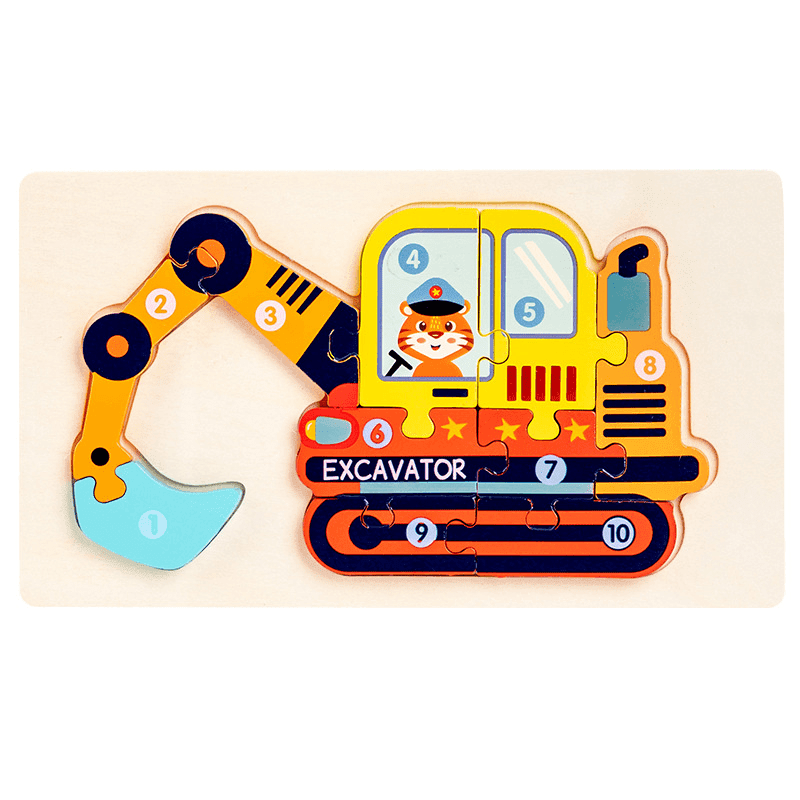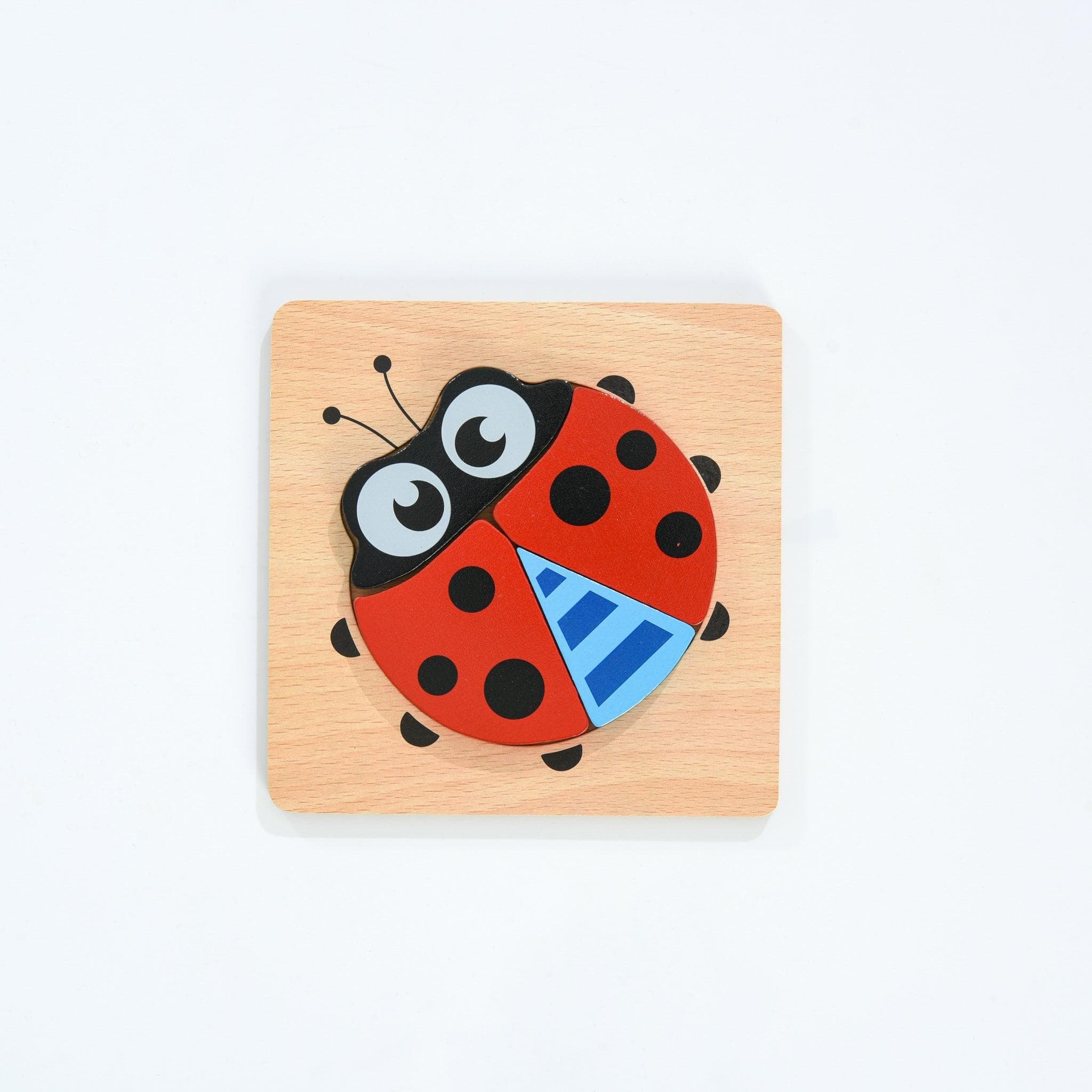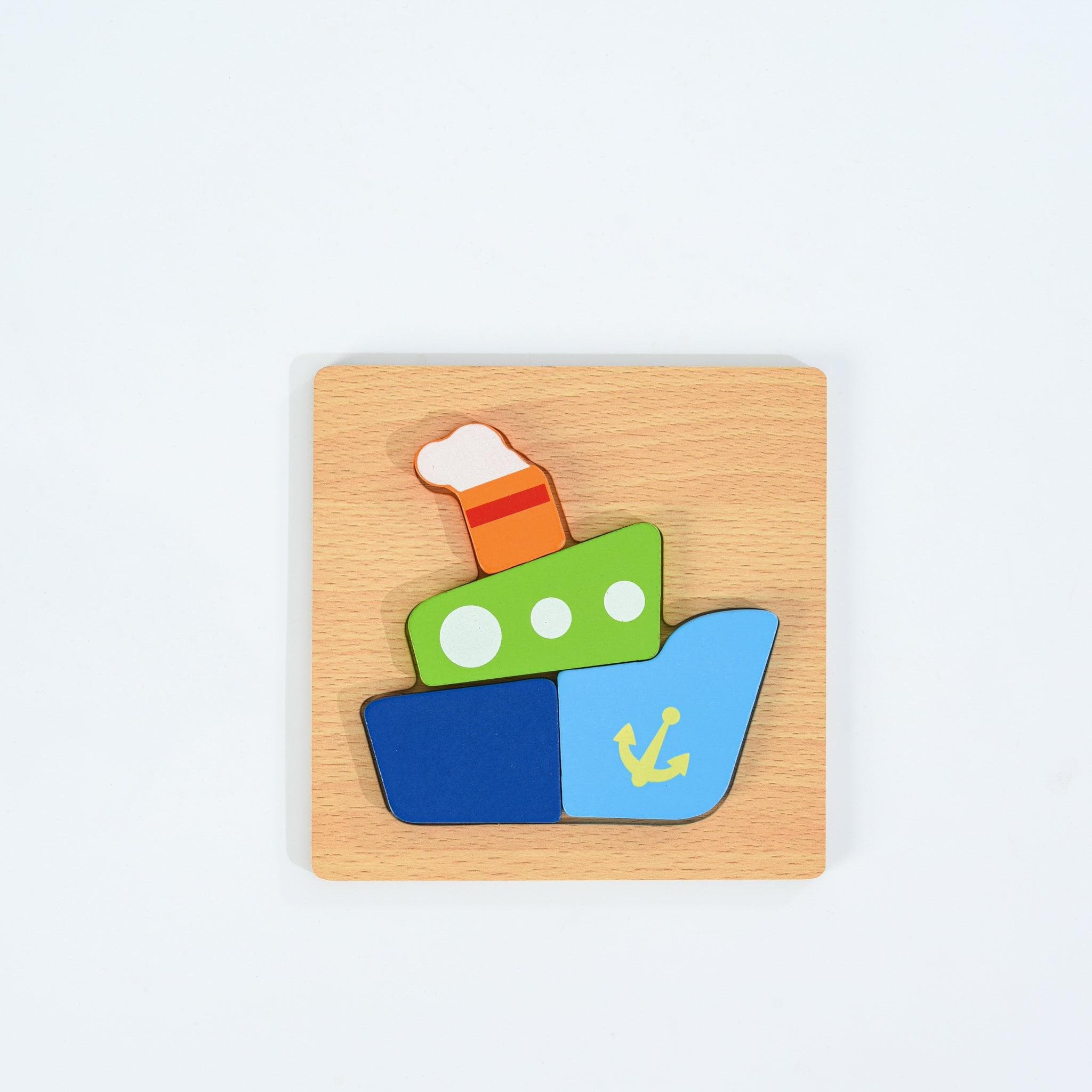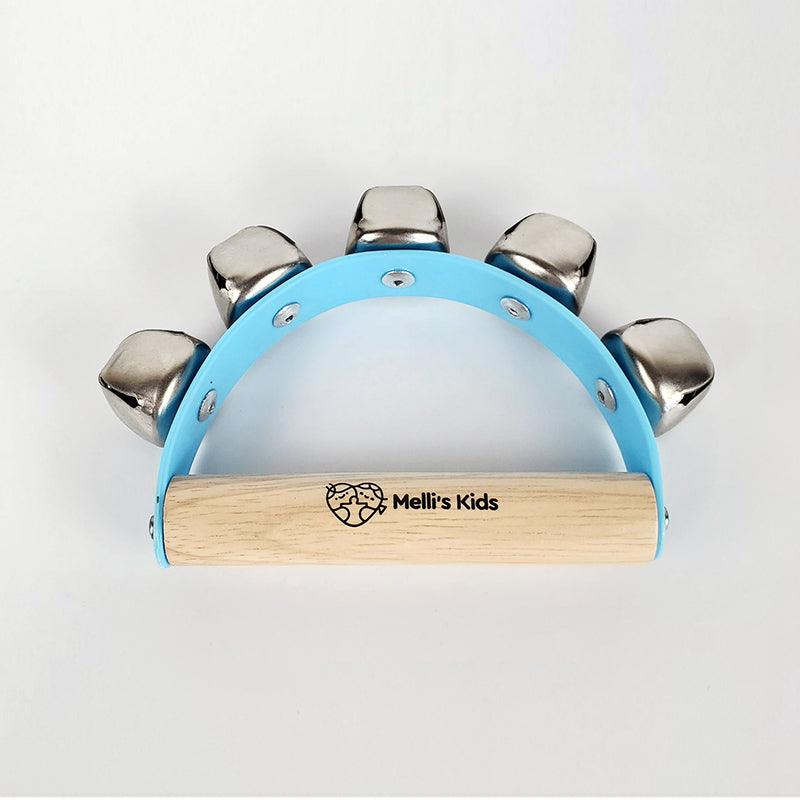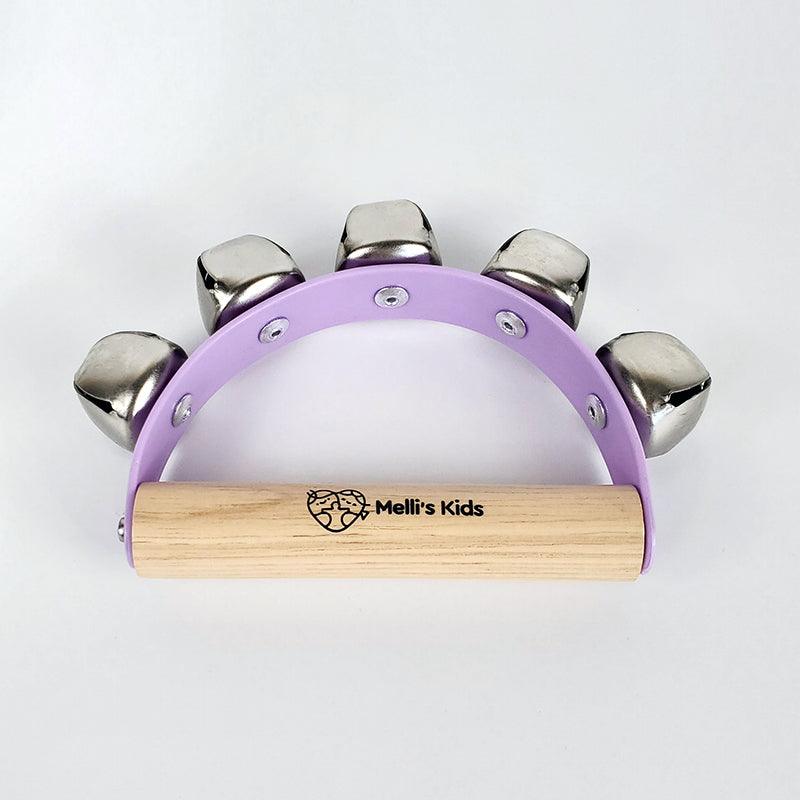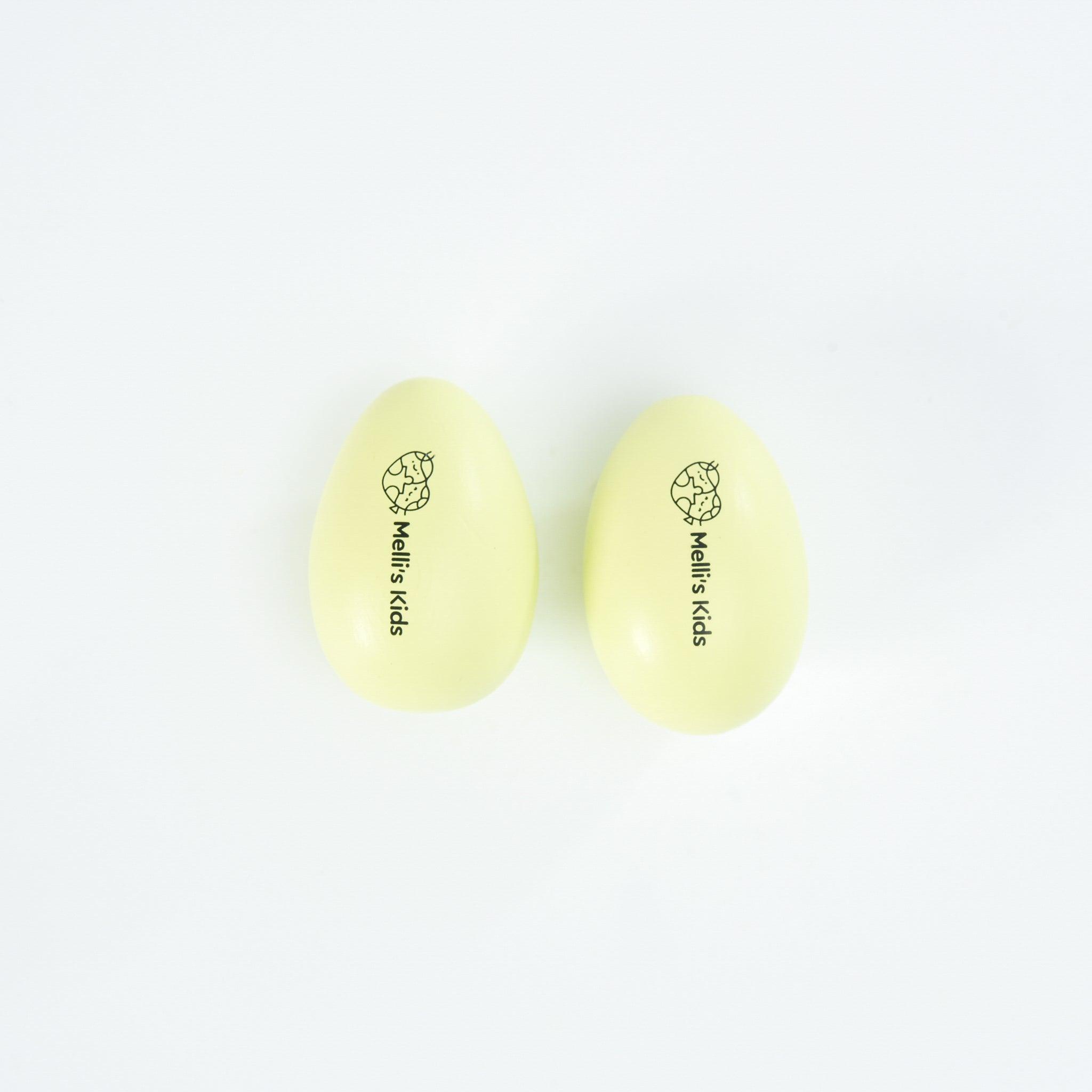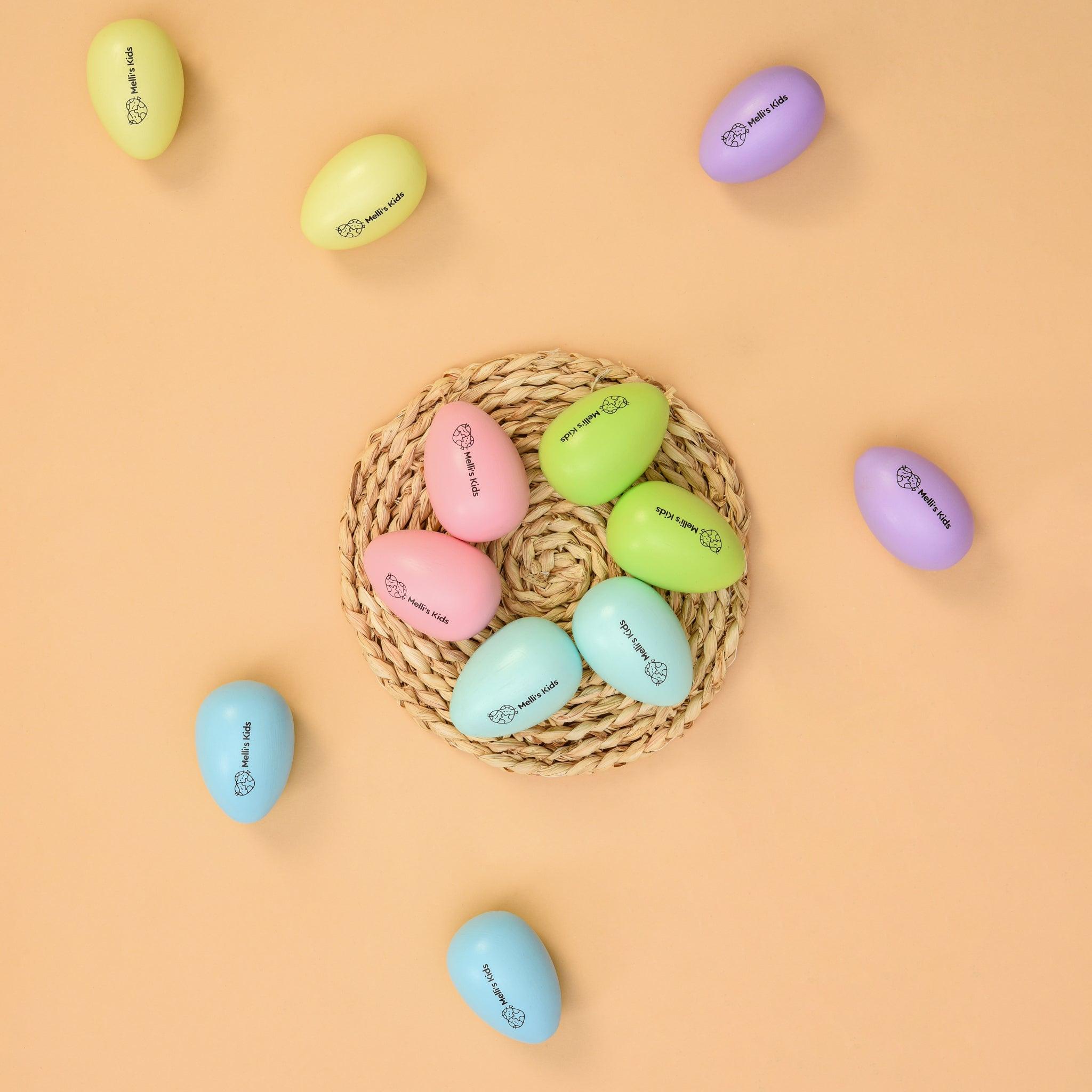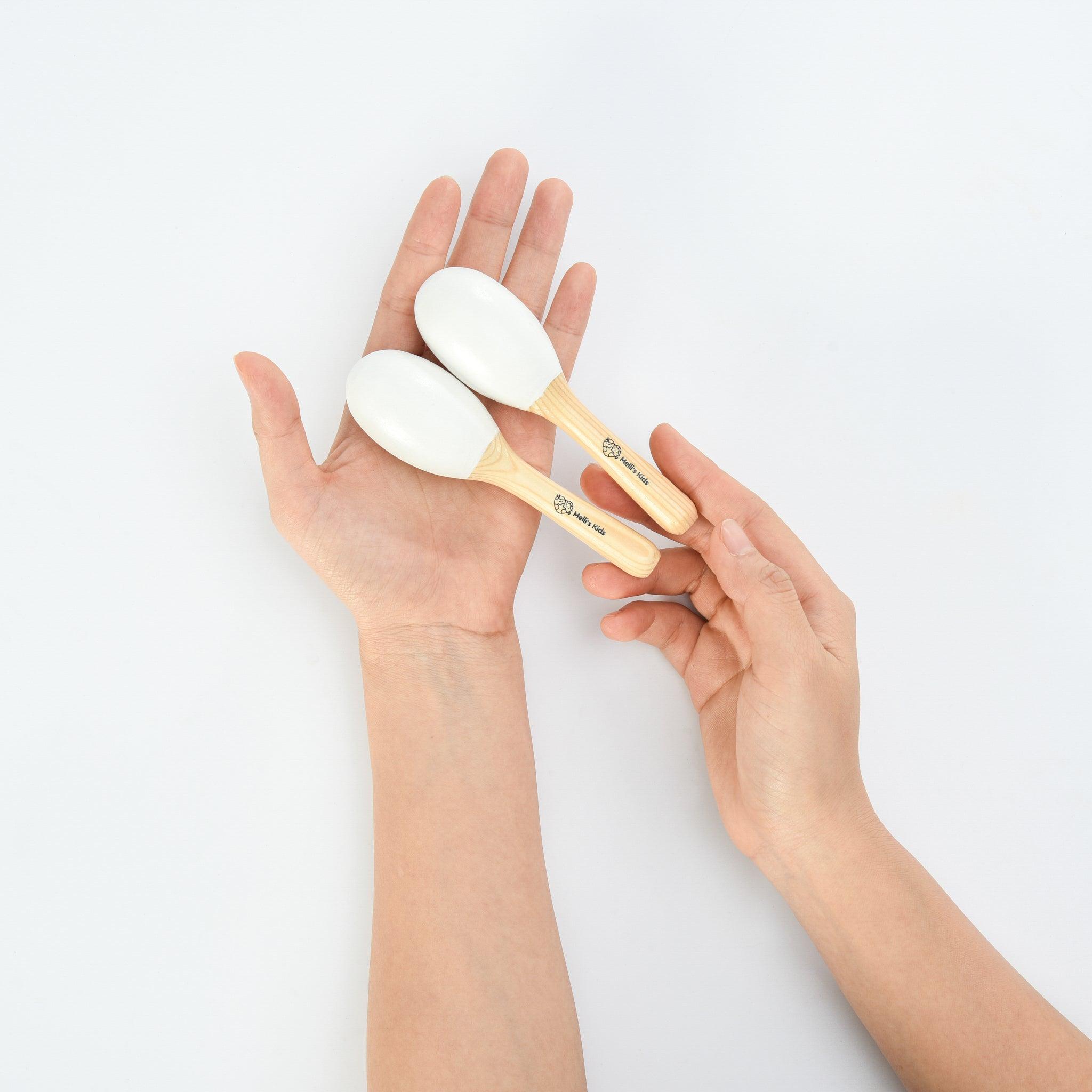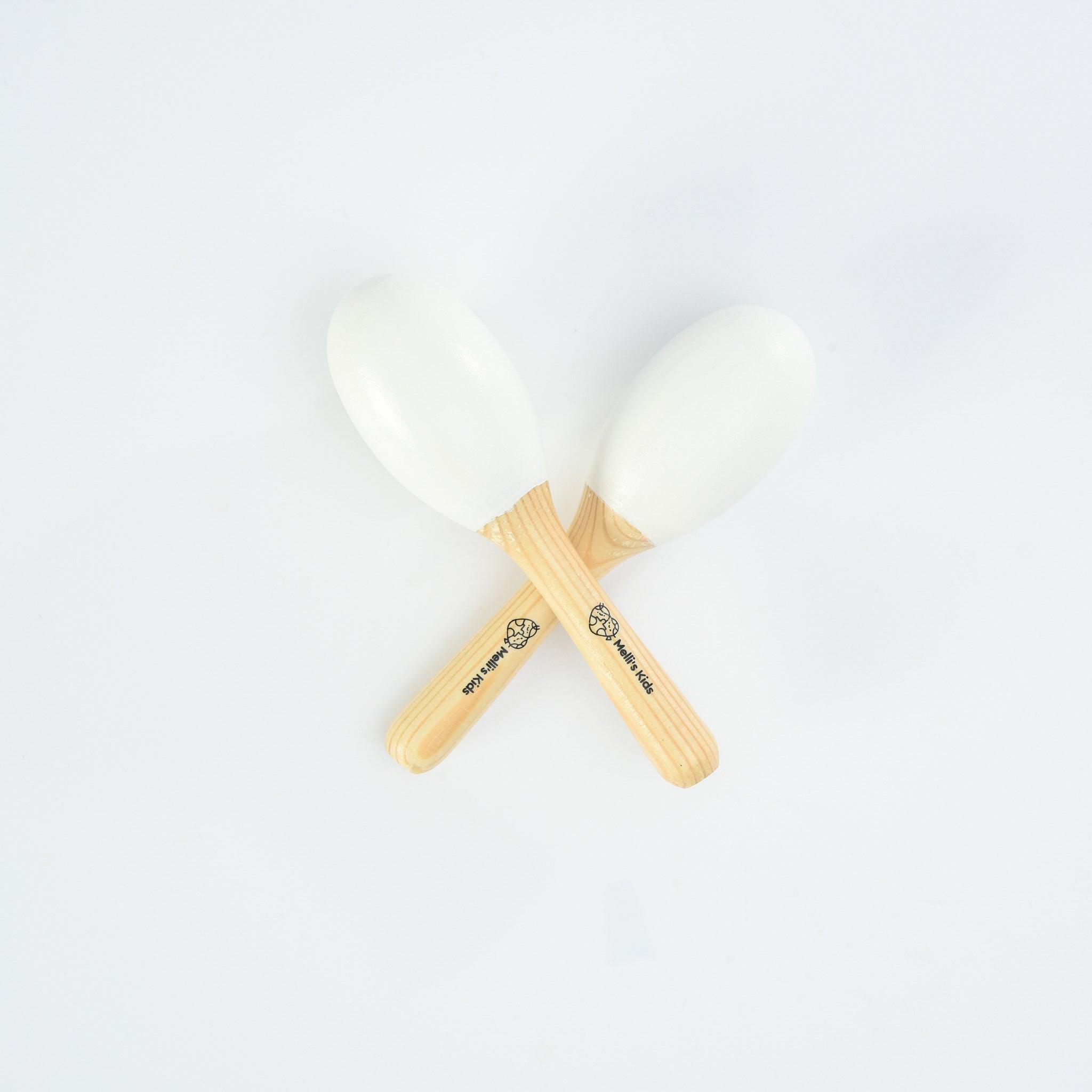Unlocking Creativity and Learning with Montessori Toys
Looking for toys that spark curiosity and nurture creativity in your little ones? Aussie parents are falling in love with Montessori toys — sustainable, educational, and perfect for fostering independent learning. Discover how these timeless toys can make playtime smarter and more meaningful!
What Are Montessori Toys?
Montessori toys are based on the principles of the Montessori educational philosophy, which emphasizes hands-on learning and self-directed activity. These toys are intentionally simple, often made from natural materials like wood, and designed to encourage open-ended play.
Unlike flashy, battery-operated toys, Montessori toys focus on fostering specific skills, such as problem-solving, hand-eye coordination, and sensory development.

Why Choose Montessori Toys?
-
Encourage Independence
Montessori toys are designed to let children explore and learn at their own pace. Whether it’s stacking blocks, threading beads, or matching shapes, these activities empower children to take charge of their learning. -
Promote Creativity
The open-ended nature of Montessori toys allows children to use their imagination freely. A simple set of wooden blocks, for example, can become a castle, a bridge, or anything a child envisions. -
Develop Fine Motor Skills
Many Montessori toys are tailored to help children refine their motor skills. Activities like sorting, lacing, or working with puzzles are excellent for developing precision and coordination. -
Eco-Friendly and Sustainable
Montessori toys are often made from natural, non-toxic materials, making them safer for children and kinder to the environment. Their durability ensures they can be passed down to younger siblings or even the next generation.
Top Montessori Toys to Consider
-
Stacking and Nesting Toys
Perfect for teaching concepts like size, order, and balance, stacking toys are a staple in Montessori playrooms. -
Shape Sorters
These help develop spatial awareness and problem-solving skills while also introducing basic geometry concepts. -
Wooden Puzzles
Simple puzzles are great for hand-eye coordination and cognitive development. -
Sensory Toys
Montessori sensory toys, such as sand trays or textured boards, engage the senses and encourage mindfulness. -
Practical Life Tools
Miniature versions of household items, like child-sized brooms or kitchen tools, teach practical life skills and boost confidence.
How to Introduce Montessori Toys at Home
- Rotate Toys Regularly: Keep playtime engaging by rotating toys to prevent boredom and overstimulation.
- Create a Dedicated Play Space: Organize toys on low shelves, making them accessible and inviting for your child.
- Follow Their Interests: Observe your child’s preferences and choose toys that align with their current developmental stage and curiosity.
The Long-Term Benefits of Montessori Toys
Children who engage with Montessori toys often develop strong problem-solving abilities, self-discipline, and a love for learning. These toys lay the foundation for critical thinking and adaptability — skills that are invaluable in adulthood.
Final Thoughts
Investing in Montessori toys is not just about buying playthings; it’s about fostering a lifelong love for learning. By choosing toys that challenge and inspire, you’re helping your child build essential skills while nurturing their natural curiosity.
Explore our range of Montessori toys today and discover how they can transform playtime into a meaningful, enriching experience!
Looking for sustainable, high-quality Montessori toys for your little one? Check out our collection and give your child the gift of purposeful play.

